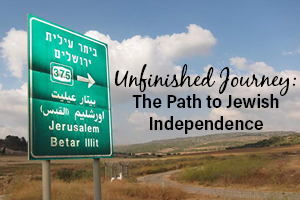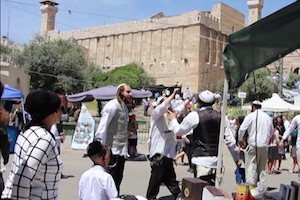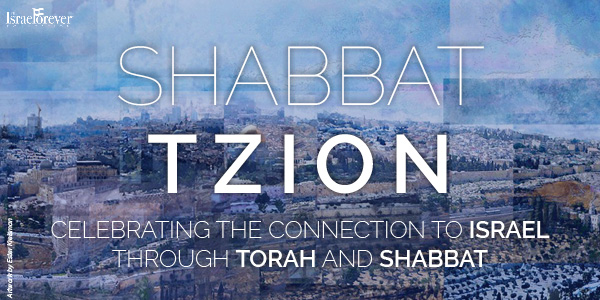The Never-Ending Journey of Lech Lecha
By Rav Ronen Neuwirth
The words “Lech Lecha” are the first words that Avraham Avinu has ever heard from G-d: “Go forth from your land and from your birthplace and from your father's house, to the land that I will show you”.
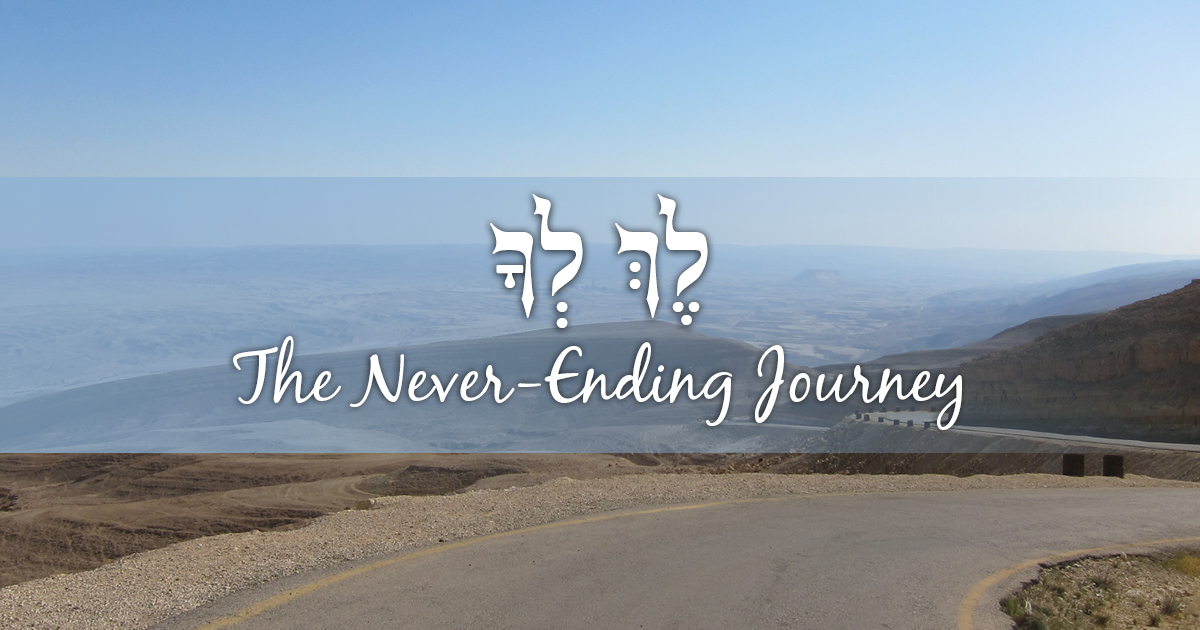
When we travel somewhere, the first thing we require for our navigation system is our destination. Surprisingly, Hashem does not give Avraham any indication regarding his final destination. Apparently this is a pattern in the trials of Avraham. When G-d commands Avraham concerning the Akeida, He utilizes the very same words “Lech Lecha”, but once again He does not give him any clear destination: “Take your son…and go forth to the land of Moriah and bring him up there for a burnt offering on one of the mountains, of which I will tell you."
Avraham does not know which mountain is his destination, yet he commences his journey, “And Abraham arose early in the morning…and went to the place of which G-d had told him.”
All along the way, Avraham struggles with settling in one place. Even when he arrives in the land of Canaan, he can’t settle and soon decides to move to Egypt: “And Abram passed through the land, until the place of Shechem, until the plain of Moreh…And he moved from there to the mountain, east of Beth el, and he pitched his tent…And Abram traveled, continually traveling southward. And there was a famine in the land, and Abram descended to Egypt to sojourn there because the famine was severe in the land.”
On returning to Canaan, Avraham tries to resettle in Bet El, but then has to relocate to Hebron. Even when Avraham receives his prophecy about his future and enacts the Brit Bein ha-Betarim, what he sees is the future exile of his offspring. Perhaps the most tragic episode of this type is the burial of Sarah. Avraham has to beg for a piece of land in which to bury his beloved wife, in the country that was already promised to him a while ago by G-d.
This acute challenge of not belonging anywhere is epitomized in Avraham’s name - Avram ha-Ivri - as the Rabbis explained: “Rabbi Yehudah said '[This teaches us that] the entire world was on one side and he was on the other side.” (Bereshit Rabba 42:8)
Perhaps it is this challenge of permanency and belonging that has shaped the concept of the eternity of Avraham’s future nation, Am Israel. Avraham’s journey of Lech Lecha never really ended, and we are the ones who continue that eternal journey.
We tend to think of our brick homes as providing us with a sense of permanency and belonging. But in truth, as long as our safety and stability depend on external factors, we will remain inherently insecure, and no external affirmation or acceptance will provide us with a sense of belonging and happiness. In the introduction to her book “Braving the Wilderness - The Quest for True Belonging”, Brene Brown quotes the American poet Maya Angelou: “You only are free when you realize you belong no place — you belong every place — no place at all. The price is high. The reward is great.”
The Egyptians, the strongest empire and economy of the time, based their power on the Nile River and hence was a place of refuge during times of famine. That power was fake and external, and when G-d intervened during the Exodus from Egypt, this false strength collapsed. By contrast, the Jewish nation was formed in the desert, and our resilience was forged by our journey of braving the wilderness for forty years. That is why many of our commandments are supposed to remind us of the Exodus from Egypt - zecher l'yetziat Mitzrayim.
This should be a lesson to the world that true strength emanates from vulnerability, and that authentic safety comes from within, from our faith in G-d. “True belonging is the spiritual practice of believing in and belonging to yourself so deeply that you can share your most authentic self with the world…True belonging is not something you negotiate externally, it’s what you carry in your heart. It’s finding the sacredness in being a part of something. When we reach this place, even momentarily, we belong everywhere and nowhere.” (Brene Brown, ibid)
The challenge of Lech Lecha gave our nation the courage to belong everywhere and nowhere. This quality is the key to our survival, and it has given us the strength to overcome the biggest challenges of mankind during the darkest times of our history.
Perhaps this is the message of the strange covenantal ritual Brit Bein ha-Betarim. “And He (G-d) said to him, ‘Take for Me three heifers and three goats and three rams, and a turtle dove and a young bird.’ And he took for Him all these, and he divided them in the middle, and he placed each part opposite its mate, but he did not divide the bird… Now the sun was ready to set, and a deep sleep fell upon Abram, and behold, a fright, a great darkness was falling upon him.”
The animals symbolize the great empires that rise and fall, whereas the small wandering bird that was not divided symbolizes the phenomenon of the “wandering Jew” who “belongs everywhere and nowhere” and will survive against all odds, even in times of great darkness.
While most external factors are beyond our control, we have a unique opportunity now to implement the message of Lech Lecha, by taking our own metaphorical journey of personal growth, practicing authenticity and self-compassion, and developing the muscles of vulnerability and belonging, which do not depend on any external factors.
We all like to have clear destinations, plans and objectives, but sometimes this acute need for certainty emanates from our insecurities. In times like ours, when many destinations are literally out of reach, we have an opportunity to get inspired by the father of our nation, Avraham Avinu, and find the courage to lean into uncertainty and keep walking toward our unknown destination.
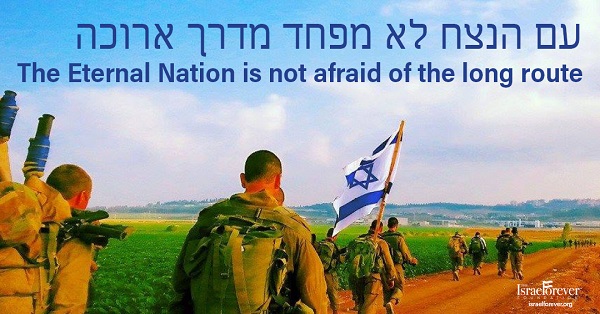
Recommended for you:
About the Author




